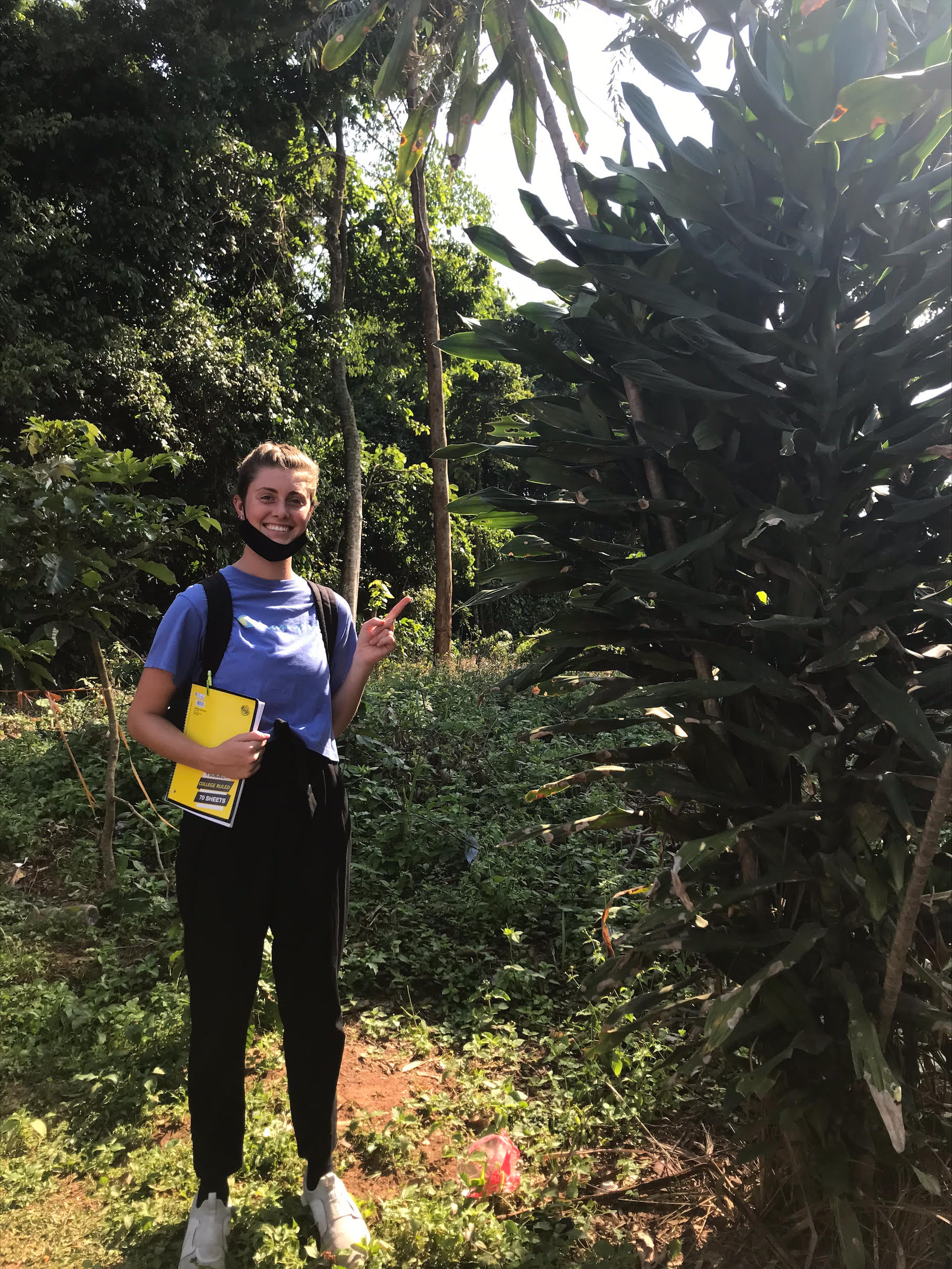
Mwasuze mutya bassebo ne banyabo! My name is Irene, and I am earning a Master’s degree from MIIS in International Environmental Policy with a focus on Natural Resource Policy and Management. I received EPL funding to cover some expenses for a four-week Middlebury College course in Mpambire, Uganda titled Performing Arts and Community Engagement in…
On a personal level, this experience introduced me to Ugandan history, politics, economics, and culture. Many of these lessons were classic serendipitous study abroad moments. I learned to pick mangos by hitting them with a very long stick and was introduced to some of my favorite local foods—peanut soup and chapati. However, being a white American woman in Uganda also exposed me to many of the upsetting lingering effects of European colonialism in Africa. Children and adults often bowed or kneeled when greeting me, and several people spontaneously repented to me for fictitious “sinful traditional practices” before the arrival of Christianity.
Central Forest Reserves recently changed access to forests and swamps, so women who used to harvest plants freely to produce crafts must now turn to men for alternative job opportunities. . . this policy directly threatens women’s independence.
Understanding these social dynamics was essential for uncovering root threats to sustainable instrument making in Mpambire. For example, the kingdom of Buganda passes down knowledge orally, but Westernized schools promote a written system of knowledge transfer. This threatens the practice of instrument making and playing, which relies on learning through observation. Other threats to sustainability come from colonial forms of land management. For example, the establishment of Central Forest Reserves recently changed access to forests and swamps, so women who used to harvest plants freely to produce crafts must now turn to men for alternative job opportunities. In addition to threatening traditional ecological knowledge, in a culture with traditional gender roles, this policy directly threatens women’s independence.
More broadly, this course let me practice ethnographic research methods including taking detailed field notes and conducting unstructured and semi-structured interviews. I also got to practice using situation analysis tools I learned through DMPI at MIIS. This experience has also given me vital skills in intercultural communication that I believe will help prepare me for a career in International Environmental Policy. I hope reading about my experience encourages future EPL funding recipients to pursue projects relating to musical culture and environmental policy!




You must be logged in to post a comment.